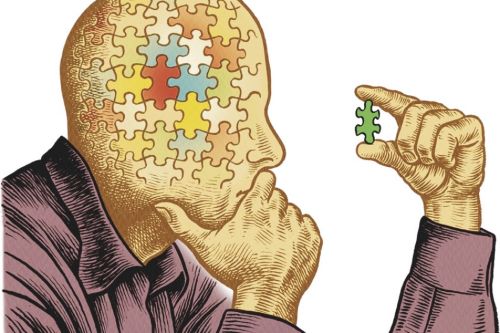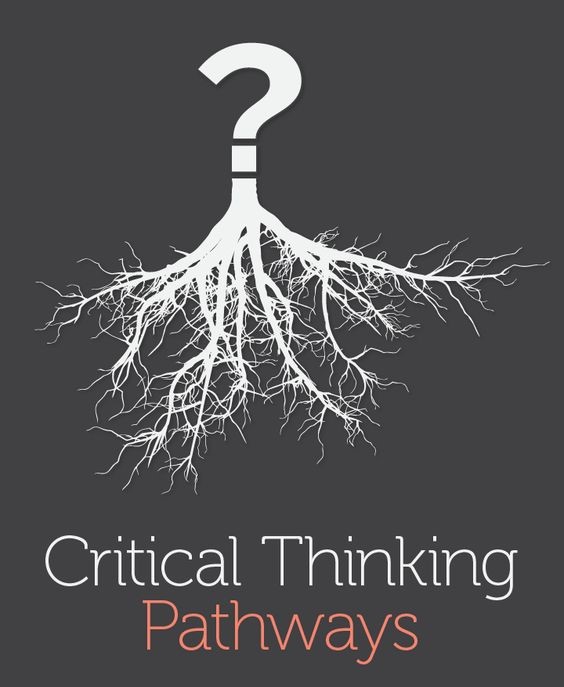
Critical thinking refers to the ability to analyze information and generate ideas independent of the influences of preconceptions, culture, and other biases
SHOUKAT LOHAR
Critical thinking is a widely discussed issue in Pakistan. The country has a literacy rate of 62%, which is not impressive, and most Pakistani students are not able to engage in critical thinking activities. It is clear that critical thinking has a space in Pakistan, and there is a need to develop strategies to promote this important skill.
Understanding Critical Thinking
Critical thinking refers to the ability to analyze information and generate ideas independent of the influences of preconceptions, culture, and other biases. It involves the engagement of mind in the creation of new ideas by questioning the existence and validity of the existing ideas. Critical thinking is an essential skill for success in life and it enables individuals to make informed decisions with clarity and confidence.
Importance of Critical Thinking in Pakistan
Critical thinking is a crucial skill demanded in various sectors of life, including education, healthcare, the media, and politics. Unfortunately, it has been found that critical thinking is not practiced at all levels in Pakistan, and this leads to stagnation and limited decision-making power. The importance of critical thinking in Pakistan is highlighted by its ability to:
– Enhance the quality of education
Critical thinking is a necessary tool for learning.
Creating an environment that promotes critical thinking will encourage students to ask questions and use available resources critically.
– Enhance decision making
Critical thinking enables people to make informed decisions by assessing the strongest evidence available before making decisions.
– Facilitate problem-solving

Critical thinking is an excellent tool for problem-solving. It enables individuals to identify and critically assess different aspects of a problem, develop creative ideas, and solve them rationally.
– Promote innovation
Critical thinking encourages innovation. People who use critical thinking skills are more likely to identify new opportunities and come up with innovative solutions to problems.
Challenges in Promoting Critical Thinking in Pakistan
Although various initiatives have been undertaken in Pakistan to promote critical thinking skills, several challenges hinder their success. The challenges include:
– Inadequate education system
The curriculum in Pakistan education system is often dominated by rote learning, which is a significant barrier to critical thinking. Most students are taught what to think instead of how to think.
– Cultural challenges
In Pakistani culture, asking questions before the elderlies or authorities is mostly interpreted as disobedience, which puts children off from asking questions and enquiring.
– Language barriers
Language is a significant barrier in promoting critical thinking in Pakistan. The majority of Pakistani schools are still teaching in the regional language,( though teaching in regional languages is not discouraging)which limits the access to the vast world untouched by the people.
– Insufficient resources
Most Pakistani schools do not have adequate access to a broad range of information. Limited access to the internet, libraries, textbooks, and other resources limits the ability of students to engage in critical thinking exercises.
Strategies to Promote Critical Thinking in Pakistan
In promoting critical thinking, there are various strategies that people can undertake to ensure success. Some of the successful strategies that facilitate critical thinking in Pakistan include:
– Focusing on a curriculum that encourages critical thinking
A curriculum that encourages critical thinking would be more effective in Pakistan. This should remove the focus on rote learning and ensure that students are encouraged to ask questions and provide independent answers.
– Development of critical thinking skills at home
The home environment can play a significant role in developing critical thinking skills. By asking children to justify their answers, parents can instil a sense of curiosity and questioning in their children.
– Encouraging participation in debate and discussions
Debate and discussions promote critical thinking; hence it should be an essential part of the education system. Debates encourage students to think critically about an issue, understand opposing viewpoints, present arguments and support their perspectives.
– Technological integration
Integration of technology in the education sector provides equal access to resources for all students. The Ministry of Information Technology and Telecommunication has plans to provide high-speed internet to schools, which would increase access to information by students from all areas of Pakistan.
– Encouraging problem-solving
In-class assignments and projects that encourage problem-solving would enable students to engage in critical thinking. Such exercises can be in real-world situations to observe and experience the value of analysis, which is necessary in critical thinking.
Conclusion
Critical thinking is an essential skill for decision-making, problem-solving, and innovation. In Pakistan, the need to promote critical thinking is enormous. Various initiatives and strategies have been put in place to facilitate critical thinking in Pakistan, but there is still a need for collective efforts from all the stakeholders to achieve success. Parents, educators, and policymakers can work collaboratively to create a culture that recognizes the importance of critical thinking and helps students develop this essential skill.
_______________
 Shoukat Lohar is Assistant professor in English at Mehran University of Engineering and Technology Jamshoro. He can be reached at Shoukat.ali@faculty.muet.edu.pk
Shoukat Lohar is Assistant professor in English at Mehran University of Engineering and Technology Jamshoro. He can be reached at Shoukat.ali@faculty.muet.edu.pk